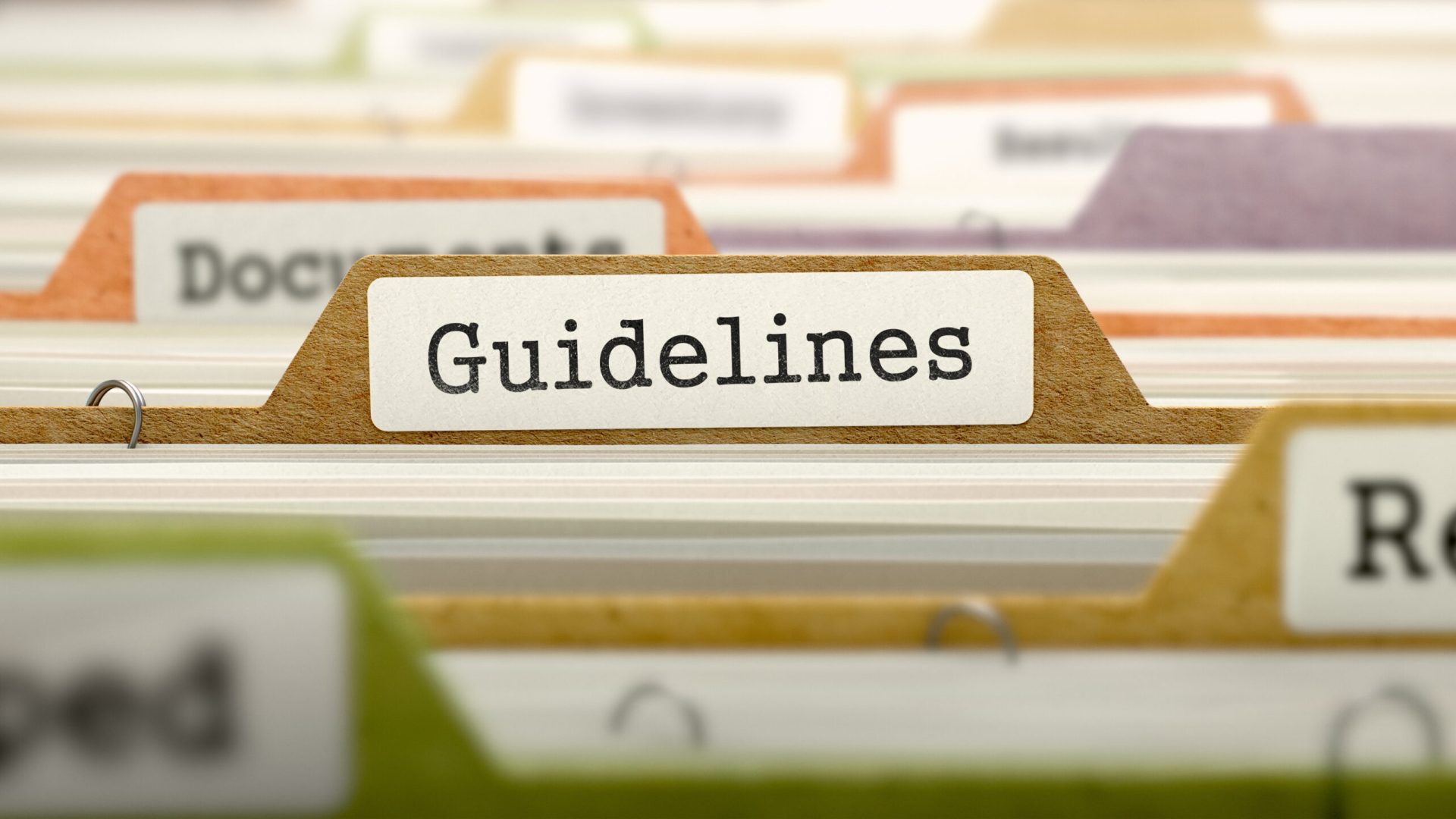As a property manager, understanding the various state laws surrounding repair speeds is crucial to avoid costly negligence lawsuits and maintain positive relationships with your residents. Failing to address maintenance issues promptly can result in resident dissatisfaction, legal consequences, or even financial penalties. This guide outlines the key repair speed regulations across different states and explains how they impact your responsibilities as a property manager. For more detailed insights on preventing negligence lawsuits, check out our comprehensive article, How Property Management Companies Can Prevent Negligence Lawsuits.
Why Repair Speeds Matter
Timely repairs are essential for maintaining safe and habitable living conditions. State laws outline specific time frames for handling maintenance requests, which can vary significantly. Ignoring these deadlines can lead to residents taking matters into their own hands through “repair and deduct” laws, where they pay for repairs and subtract the cost from their rent—a situation that could indicate poor resident satisfaction and potentially lead to legal issues.
Overview of State Laws on Repair Speeds
In many states, if landlords fail to address repair issues within a legally defined time frame, residents are allowed to pay for the repairs themselves and deduct the expenses from their next rent payment. This law serves as a safeguard for residents but can be a headache for property managers, especially when repair delays could have been easily avoided.
State-by-State Breakdown of Repair Speed Laws
Let’s take a closer look at the repair timelines mandated by different states:
Fast Repair Windows (1 to 3 Days)
- Nevada: Landlords must make repairs within 48 hours after being notified by tenants.
- Florida: Essential repairs must be addressed within 3-7 days.
- Montana: Three days for essential repairs; up to 14 days for non-essential repairs.
- Idaho: Three days after written notice, or the tenant may sue.
- Michigan: Emergency repairs within 24 hours, non-emergency within a reasonable time.
Key Takeaway: States with short windows for repairs prioritize residents safety and comfort, especially for urgent issues. A dedicated maintenance system is essential to stay compliant and avoid dissatisfaction.
Moderate Repair Windows (7 to 14 Days)
- Oregon: Landlords have one week to make necessary repairs after receiving written notice.
- Arizona: Repairs must be done within a “timely fashion,” allowing residents to deduct costs from rent if unaddressed.
- New Mexico: Seven days to address repairs before residents can withhold rent.
- Iowa: Seven days to make necessary repairs, or residents can deduct the cost from rent.
- Kentucky, Tennessee, South Carolina, Alabama, and Maine: 14-day repair periods, with residents allowed to deduct costs or withhold rent if repairs aren’t made.
Key Takeaway: States with moderate timelines require a more flexible yet proactive maintenance strategy. Documenting communication and work orders is crucial to avoid misunderstandings.
Longer Repair Windows (15 to 30 Days)
- Hawaii: Repairs within 15 days; residents can withhold rent or deduct costs if not completed.
- Ohio: Landlords have up to 30 days for non-emergency repairs, but must address emergency repairs that threaten health and safety within this time.
- Mississippi and Arkansas: 30-day repair windows, but residents can deduct repair costs from rent if landlords fail to act.
- Maryland, Pennsylvania, and Vermont: 30-day deadlines, emphasizing the importance of maintaining habitability standards.
Key Takeaway: These states offer more flexibility, but a consistent delay in repairs can still damage your reputation and lead to legal action. Regular maintenance checks can help identify potential issues before they escalate.
States with “Reasonable” Repair Time Frames
Some states don’t specify exact time frames, using terms like “reasonable” instead:
- North Dakota, Michigan (non-emergency), Indiana, New Jersey, and Rhode Island: Repairs must be made within a reasonable period, allowing room for interpretation based on the situation.
Key Takeaway: In these states, documenting your efforts to address repair requests promptly can protect you from disputes. Staying proactive and responsive is key to demonstrating good faith.
Consequences of Missing Repair Deadlines
Failing to adhere to these repair windows can result in various consequences:
- Resident dissatisfaction: Residents may pay for repairs themselves, withhold rent, or even terminate their lease.
- Legal Action: Residents can sue landlords for breach of habitability, leading to potential negligence lawsuits.
- Loss of Revenue: If repair costs are deducted from rent, you might face unexpected financial losses.
How to Stay Compliant
- Establish a Maintenance Plan: Implement a reliable maintenance system to manage repair requests efficiently. Consider investing in a property maintenance solution to streamline the process and avoid delays.
- Maintain Open Communication: Ensure residents know how to report repair issues and keep them informed about the repair status.
- Document Everything: Record all repair requests, communications, and actions taken. This documentation can protect you in case of disputes and help demonstrate compliance with state laws.
Understanding and adhering to state laws on repair speeds is essential for maintaining a successful property management business. By staying informed and proactive, you can avoid costly negligence lawsuits and ensure your residents are satisfied with their living conditions. For a deeper dive into how you can protect your property management company from legal risks, explore our guide, How Property Management Companies Can Prevent Negligence Lawsuits.
*Source for Landlord-Tenant Laws of the U.S. https://www.turbotenant.com/state/






